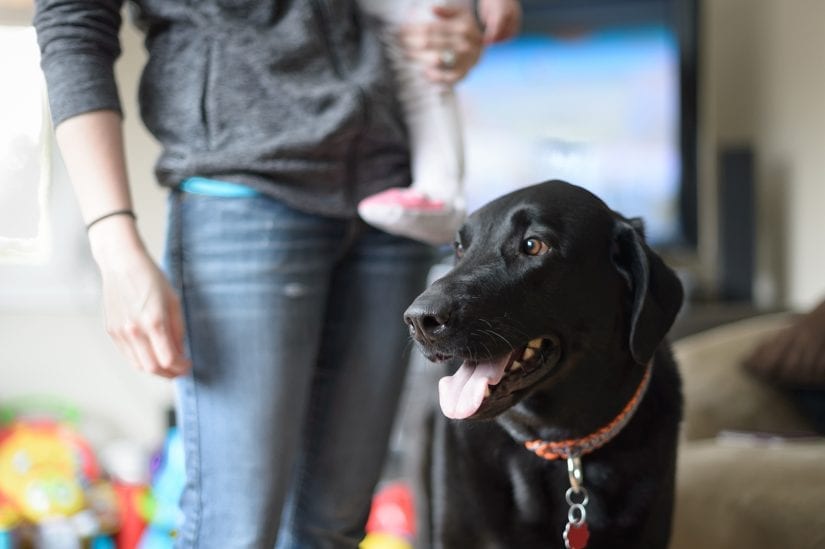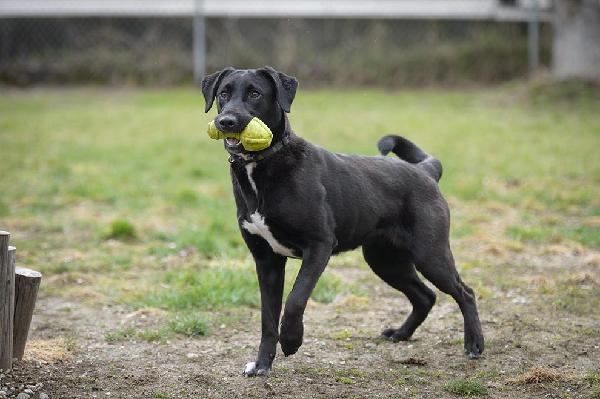Let us worry about them so you don’t have to.
The Safekeepers Program offers pet foster care for individuals fleeing interpersonal violence in the Lower Mainland. We provide up to six months of care with a specially trained foster family. The goal of this program is to keep people and their pets together. We accept:
- Dogs
- Cats
- Rabbits
- Small Animals
If you or someone you know is in need of this service, please contact us for further information. E-mail us at safekeepers@spca.bc.ca or call 1-855-622-7722 and ask about the Safekeepers Program.

Including pets in your safety plan
If you are fleeing interpersonal violence, here are suggestions to include pets in your safety plan:
- Remove anyone who is a threat to your safety from the pet’s contact information, including:
- Vets
- Microchips and tattoos
- ID collars
- Pet day cares and boarding
- Groomers
- City pet licenses
- Contact your pet’s vet for medical records
- Prepare transportation, either a carrier or harness/leash
- Pack a small supply (two days) of pet food and all medications
- Keep evidence you have of threats or harm against your pet by another person(s)
- Examples: photo, voicemail, text message
- Save proof of pet ownership with your name on it
- Examples: adoption papers, vet records
If you expect to need foster support for your pet, contact the BC SPCA Safekeepers program so we can work together to make a plan. It can take time to find a foster so please reach out as soon as you can.
Other resources
To report animal cruelty, please call the BC SPCA Animal Helpline at 1-855-622-7722.
- Get more information on animal cruelty and the steps to report it
- Download a safety plan template: Battered women’s support services interactive safety plan tool
- Transition Houses and Safe Homes provide safe and temporary shelter to people who are at risk of or experiencing violence. Find a list of locations in B.C.: BC Housing transition houses & safe homes list





